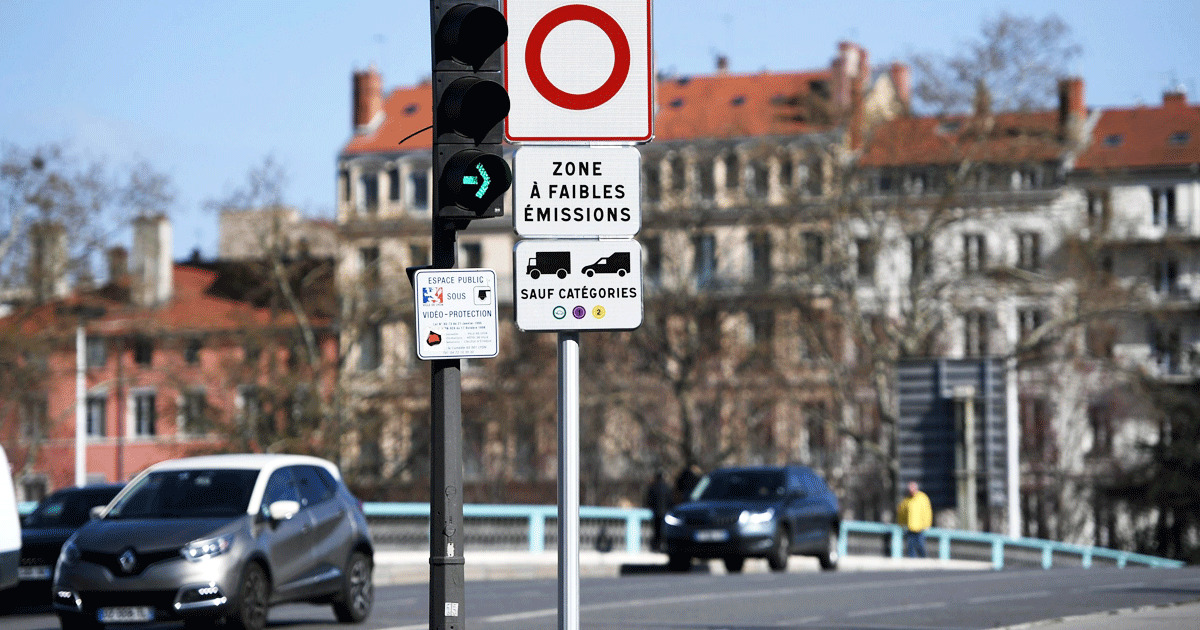After the free-floating e-scooters in Paris, it is now the turn of the LEZ to be scrutinized. Indeed, for the second year, CSA and Allianz Assurances have just published the results of a recent study conducted among 10,000 French people on the subject. And the result, to the great surprise, is without appeal! Zoom on this survey emphasizing this coercive measure, progressively becoming a part of our urban landscape, but far from being accepted by all…
Less and less unknown…
With an increase of more than 14 points compared to last year, low-emission zones are gradually becoming part of motorists’ vocabulary. According to the study, today, 1 out of 2 French people (51%) would be able to define LEZ. As a reminder, only the least polluting vehicles (according to their Crit’Air sticker certificate) are allowed to drive there.
This figure fluctuates enormously depending on where the respondents live. In large French cities such as Paris and Lyon, the figure is 60% and 70% respectively. Knowledge on the subject must be nevertheless nuanced. According to the study, only 37% declare to be sufficiently informed on the subject. To the point that only 1 in 3 respondents said they were able to assign the right Crit’Air sticker to their vehicle. A rather surprising finding! But it is important to underline that this result has increased by 7 points compared to last year.
But more and more criticized…
As announced in the introduction, one of the striking results of this study concerns the growing opposition to the LEZ. Indeed, this year, nearly 1 French person out of 2 is opposed to this measure. 49% to be precise, with an increase of 6 points compared to last year. A figure that reaches 62% for respondents with vehicles classified Crit’Air 4, 5 and not classified.
A finding that will undoubtedly be taken into account by local authorities. And even more so with the implementation of mandatory LEZ in cities with more than 150,000 inhabitants by 2024. A measure that to date does not seem to convince motorists to change their habits. Indeed, only 17% have declared that they are considering changing their vehicle.
A figure that unintentionally emphasizes the issue of budget. An inequality leads even 36% of the respondents to continue to borrow their cars, even if it means being fined for 17% of them. A far from pessimistic observation… Indeed, the study underlines that 1 out of 3 French people say they are inclined to turn to other transport alternatives. Among the modes of transport, we find public transport (24%) or carpooling and car sharing (9%). This is an avenue to be explored by cities and mobility stakeholders, who must work together to promote multimodality…





